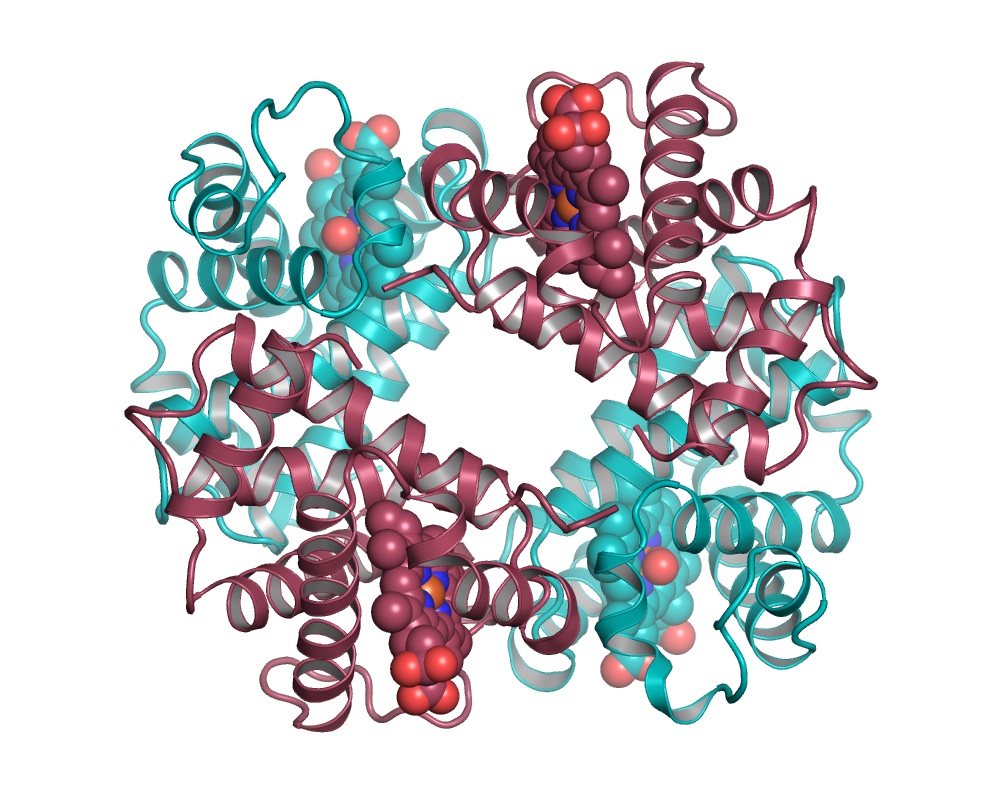Personalized medicine is becoming increasingly relevant as technology and general scientific knowledge advances. It refers most simply to healthcare geared towards the individual. The idea of designing medical decisions that specifically address the unique conditions of each individual is arguably the most optimal method for effectively treating patients. Unfortunately, such an approach has yet to be universally realized by the medical community due to various factors, including cost and lack of necessary technology and information. The former is one burden that will likely always remain, but the latter has the potential to be solved by rigorous research. Fortunately, a recent discovery may serve as a step towards making personalized medicine a reality.
Image Source: Visuals Unlimited, Inc./Carol & Mike Werner
Researchers have developed a new method for identifying metabolic differences between individuals. Currently, the most commonly used strategy in personalized medicine involves examining an individual’s genome. Such a technique may be useful, but can also be faulty in the sense that it is far too specific. Differences in the genetic code may not always lead to phenotypic differences, or differences that result in changes to outward functionality. As a result, the researchers in this study have proposed that personalized medicine can be improved by considering the differences in proteins between individuals. This technique is not radically different from the conventional analysis of genomes using sequencing; in fact, the results from these two techniques should yield the same conclusions–and the researchers were able to show just that. So why do we need two tools that seem to do the same thing? Well, although they are similar, the two methods have their own benefits and caveats. Specifically, determining the set of proteins, or proteome, of an individual is much more difficult than to sequence his or her genome. This is understandable, because each and every cell has the same genetic information, but the expression of genes in the form of proteins can vary from cell to cell. Furthermore, analyzing the proteome may make it easier to identify functional differences between individuals since protein differences are more likely to lead to notable phenotypic changes as opposed to genetic differences.
Personalized medicine is certainly a goal towards which the medical community should work. General protocols for handling diseases are convenient, but if we desire patient care aimed at fully restoring health, it is essential that treatments take into account variations between individuals. Such variations are not always easy to identify, but as technology becomes more advanced and better methods for analysis are developed, one can hope to see universally practiced personalized medicine in the near future.
Feature Image Source: Oxy-haemoglobin by Stephen Curry










